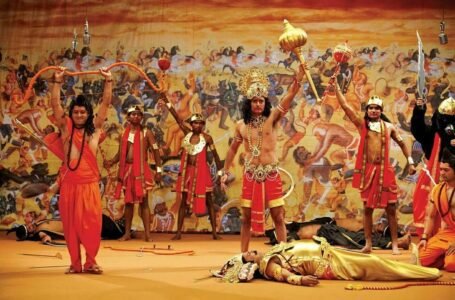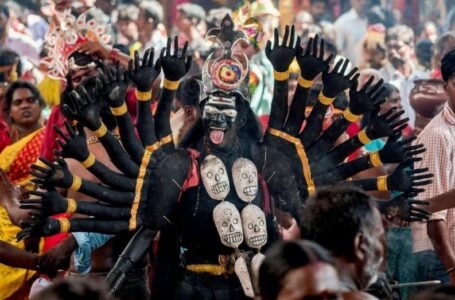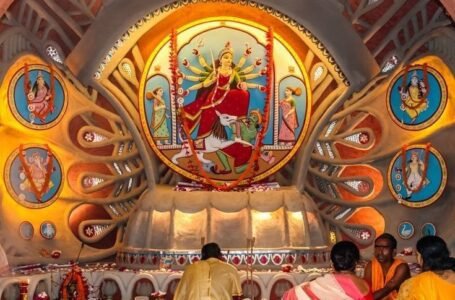Birsa Munda: The Tribal Hero of India
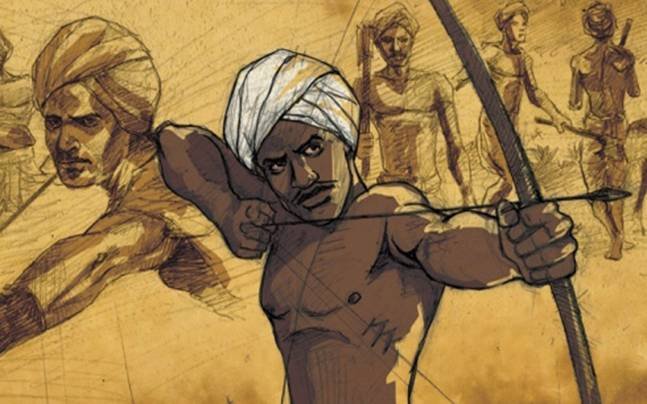
A man who seemed to accomplish more than most of us do before 25, Birsa Munda is one freedom fighter worth studying. A Tribal leader who commanded with a flair of his own, Birsa Munda carried the spirit of 19th century activism in him. This blog delves deep into the life story of Birsa Munda and how he paved the way for Tribal communities all across India.

Born on 15th Nov 1875 in the Ulihatu village of Khunti district, Birsa Munda was a member of the Munda tribe in Chotanagpur plateau area in present-day Bihar. From what seemed like a nomadic childhood, Birsa Munda spent a huge chunk of his initial years shifting homes with his family. This eventually led to him to pursue his formal education in Salga under the guidance of Jaipal Nag, a member of the Munda tribe. Later, he converted to Christianity in order to enrol in the German Mission School. It was here that he understood the propaganda of the British which was to convert tribes to Christianity under the name of education.
On his moment of realisation, he immediately set out on the path to create his own faith. It was during this period that he created the “Birsa Faith” or “Birsait”, a faith that believed in the existence of one God and persuaded people to stick to their original religious beliefs.
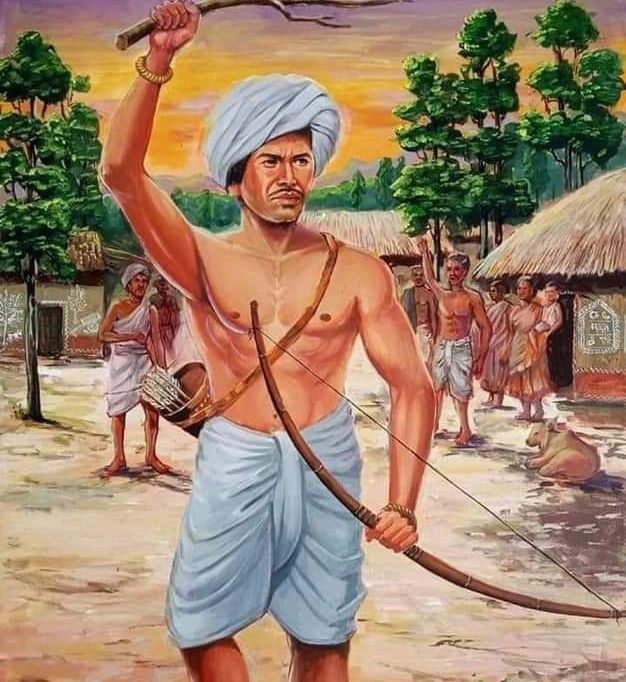
His faith spread rapidly across tribal communities such as the Munda and Oraon tribes. The followers of his faith were now called “Birsaits”. The main aim of Birsaits was now to challenge the British missionaries against their conversion scheme. The preservation of the original religious beliefs of the tribals was considered incredibly essential for the Birsaits to protect their homelands.
During this period of 1886-1890, Birsa spent a large amount of time in Chaibasa, a place close to the centre of the Sardari Agitation, a movement born due to the restrictions imposed by the British upon the traditional rights of the Munda tribe in the protected forest. Led by the Oraon and Munda tribes, it inspired him to join their anti-missionary, anti-british programme. After four consecutive years in 1890, Birsa had deeply established his footing in the movement.
At this point, his father had withdrawn him from the German Missionary School he was previously enrolled in. They also converted from Christianity back to their original beliefs. From that point onwards, Birsa had set his mind on spreading this anti-missionary campaign. By the 1890’s when he was still a teenager, he had grown into a young, outspoken man and began standing up against the British agrarian policies which were disrupting the way of life of the Tribal people. Apart from that cultural belittlement of the tribal communities by the christian missionaries was a major social issue. This, therefore, was a major part of the activism of Birsa Munda.
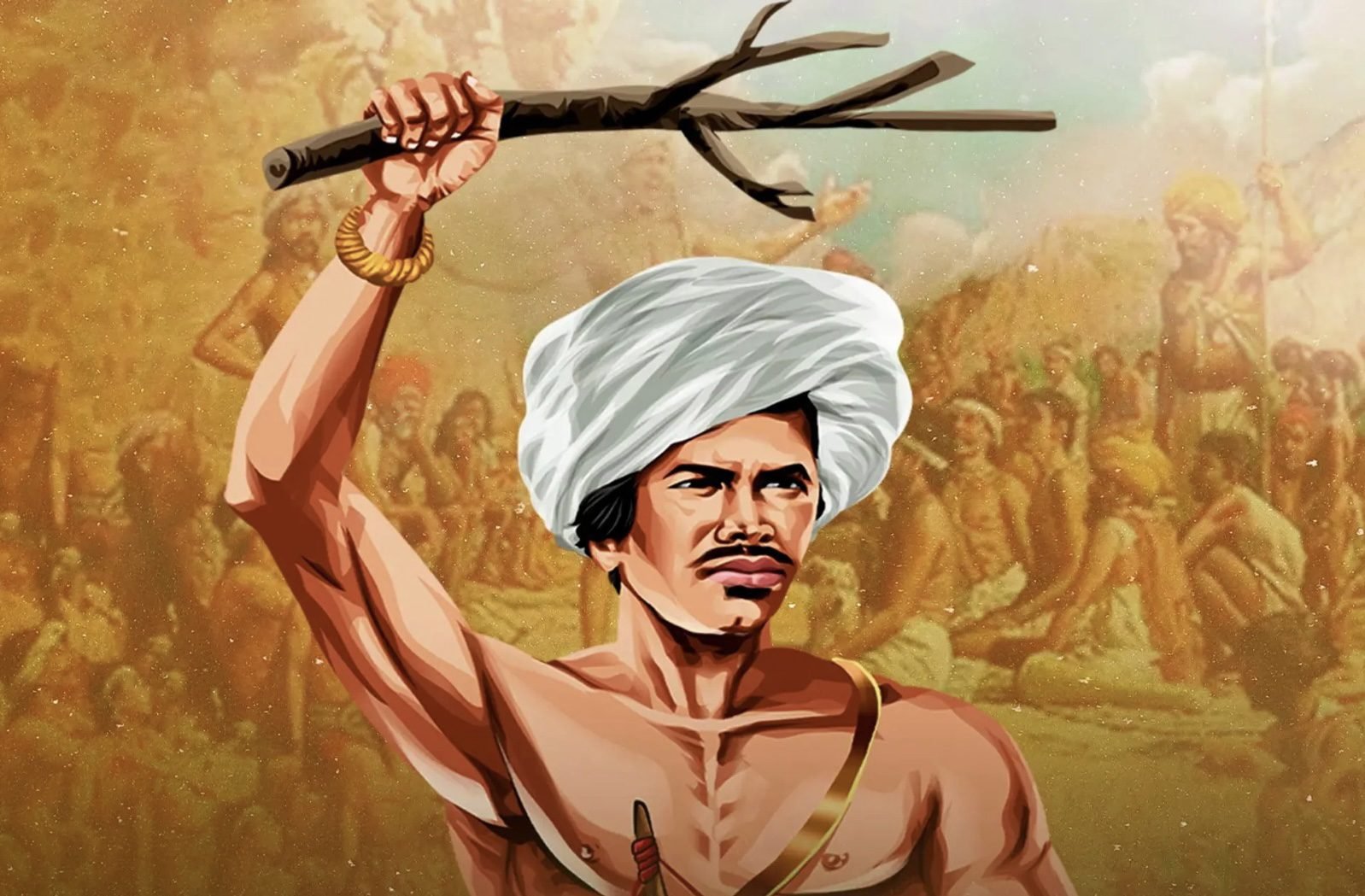
THE MUNDA REBELLION
Birsa Munda’s ability to mobilise and inspire the tribal communities played a crucial role in the Munda Rebellion, also known as Ulgulan (The Great Tumult). This rebellion was a direct response to the exploitative policies of the British colonial administration and the local landlords, which had severely disrupted the traditional life of the Munda and other tribal communities.
The British introduced several land tenure systems that were detrimental to the tribal way of life. The Permanent Settlement Act of 1793 and the subsequent introduction of the zamindari system had a devastating impact on the tribal agrarian economy. The tribals, who traditionally practised communal land ownership, were forced to accept the zamindari system, which imposed heavy taxes and transferred land ownership to landlords and moneylenders. This led to widespread dispossession, poverty, and exploitation.
Additionally, the British policies facilitated the influx of non-tribal outsiders, known as dikus, who acquired tribal lands through deceitful means. These dikus, along with the missionaries, not only exploited the tribals economically but also attempted to erode their cultural and religious practices. Birsa Munda recognized these threats and aimed to restore the traditional rights and dignity of the tribal communities.

Politically, Birsa Munda advocated for the restoration of tribal lands and rights. He called for the abolition of the zamindari system and the removal of dikus from tribal lands. His message resonated deeply with the tribal population, who saw in him a leader capable of challenging colonialism and feudal oppression.
The Munda Rebellion officially began in 1899. Birsa Munda and his followers launched a series of coordinated attacks against the British forces and the landlords. They destroyed symbols of British authority, such as police stations and missionary establishments, and reclaimed their lands from the landlords. The rebellion was marked by its intensity and the determination of the tribal fighters.

Despite being poorly armed and facing a well-equipped British force, the Mundas displayed remarkable bravery and resilience. The British, taken aback by the scale and ferocity of the rebellion, responded with brutal repression. They deployed a large contingent of troops to cease the uprising and used draconian measures to suppress the rebels.
The British crackdown on the rebellion was relentless. They targeted Birsa Munda, knowing that his capture would demoralise the insurgents. After months of intense fighting, Birsa was eventually captured in January 1900. His arrest marked the beginning of the end for the rebellion, as the tribal fighters lost their central figure of inspiration and leadership.
Birsa Munda was imprisoned and subjected to harsh treatment. On June 9, 1900, he died under mysterious circumstances in British custody. Official records state that he succumbed to cholera, but many believe that he was deliberately poisoned or tortured to death. Birsa’s death at a young age of 25 was a significant blow to the Munda movement and a tragic loss for the tribal communities.
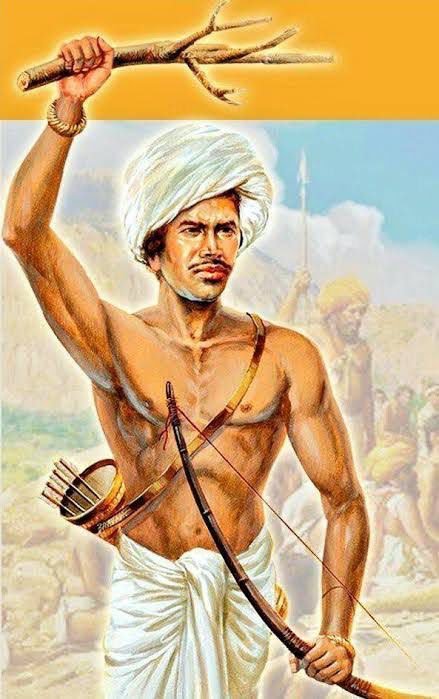
CONCLUSION
Despite the premature end to his life, Birsa Munda’s legacy continues to resonate across India, particularly among the tribal communities. His contributions to the freedom struggle and his efforts to preserve tribal identity have earned him a revered place in Indian history. His ability to unite tribal communities under a common cause showcased his exceptional leadership acumen. The Munda Rebellion, though ultimately unsuccessful in its immediate objectives, highlighted the plight of the tribal population and brought their issues to the forefront of the national consciousness.
Birsa Munda’s contributions have been recognized and honoured in various ways. His birth anniversary, November 15, is celebrated as Birsa Munda Jayanti and is observed as a public holiday in Jharkhand. In 2000, the Indian government established the state of Jharkhand, which includes the Chotanagpur plateau region where Birsa led his rebellion. The creation of Jharkhand was a significant milestone in recognizing the unique cultural and historical identity of the tribal communities in the region.
Today, Birsa Munda is widely regarded as a key figure in the movement for the creation of Jharkhand. The story of Birsa Munda is not just a chapter in the history of India’s freedom struggle; it is a powerful narrative of the resilience and agency of tribal communities. His fight against colonial oppression and cultural assimilation remains an inspiration for those who continue to struggle for their rights and dignity.
